Photo Stories: We Met With Three Photographers Who Favor Black and White Film Photography
3 33 Share TweetIn the early stages of photography, black and white film was the norm for photographers. With the emergence of color film, however, this allowed for new creative possibilities and shooting in monochrome arguably began to be seen as merely a limitation. Black and white film was sidelined in favor of color and ever since the unique aesthetic became somewhat optional rather than an exclusive form of photography. So what about those who still chose to shoot predominantly in black and white? We conducted this series of interviews with photographers who favor monochromatic film over color. The main question we posed being “Why shoot black and white analogue?”
Photographer Vika Bykovskaya was born in a small town of Tuapse on the Black Sea and now lives and works in St. Petersburg, Russia. On New Year’s Eve in 2003, she was gifted a simple Soviet Zenit Camera and from there, her passion for film photography has flourished. While studying journalism at university her course encorporated the basics of developing film and printing photographs which helped to enrich her craft. After testing countless cameras she’s settled on a Pentax 6x7 and Pentax ME and at present, she is working on two different upcoming projects, one about strangers in her neighborhood and one documenting her growing son.
I started using black and white film, as well as color in my first ever year of shooting film and if I’m honest, there wasn’t too much thought behind it! My attention turned to shooting only in B&W as I found it not only changed my style as a photographer, but also has changed my way of thinking and my way of seeing the world around me.When I shoot, I mostly focus my attention on the lighthing, on the human body, the emotions, on the lines, on the texture of the skin, on contrasts, on my feelings. All this is the basis of my photography. I found it’s much easier to focus on such things with the absence of color. I’ve never felt that shooting in black and white has ever limited my photography, on the contrary, it makes it possible to give a photograph a secret.
When asked if she considered shooting color photography, Vika loves that she has complete control over the result of the negatives. She also plans to soon make her own handmade prints.
In the past I went through a period of working with color photography, but now I look back on it as a nightmare. It was a time of endless searching, searching for myself, my taste. I seriously considered finding my style in color but during a few years of experimenting with color film I completely lost interest in it. I’ve been developing my own film at home for the last three years and I like this process because I have complete control over the result of the negatives and I get to see the final product in a much shorter time. I then print my scanned negatives in the lab once a month but in the future, my dream is to do my own hand prints. I love how in many family photo collections you can find old black and white hand prints that have stood the test of time and survived from the beginning or middle of the twentieth century. Such photographs are also in my grandmother’s photo archive and this serves as true evidence that the craft of B&W photography is rooted in the past. Regarding the future of B&W film photography, I'm very uncertain of what will happen so I take this as a good reason to concentrate on the present moment.
Philadelphia based photographer Ben MacMaster grew up around film photography and you could always find him traveling and shooting film. He’s still exploring with his camera and is nowadays equipped with his treasured Leica rangefinders, which are the perfect fit for his shooting style.He is currently working on several projects at the moment that are in the final stages of being completed, one of which he is most excited about is a series based on a rodeo.
I started shooting with black and white film seventeen years ago back when I was in high school. I had a really great instructor there and it was my first time working in a darkroom. I found the whole photographic process, from shooting to developing and printing to be an incredible creative output. I still process and develop myself as it gives me total control over how my film comes out as I can work with the exact developer needed to bring out the contrast that is desired. My decision to shoot in black and white never changed my style as a photographer, in fact it allowed it to have a clearer voice and point of view in my photographs as with the absence of color the subject of the image is the focus of attention.
Ben discovered that he has a natural affinity to black and white photography. For him, black and white photography possesses a sense of timelessness, which is essential to his work.
I found I was able to develop my skill and technique really quickly and naturally, I’m red green color blind so black and white film is much more versatile for me and lends itself well to my work. As a visual explorer, I am always learning and studying, usually, through collecting photo books and prints I find new inspiration and new ways of seeing. A lot of my work involves a sense of timelessness and I believe black and white film encompasses that feeling. There is a depth and quality through the combination of tones and dimensionality in monochromatic film that is unique and brings out the aesthetic of my work. For those reasons I really don’t see myself ever shooting in color again as it does not lend itself to my creative vision. Black and white photography is rooted in the past, it is the foundation of photography and in that foundation lies the core of the future of film photography.
Alessandra Ljuboje lives in Vienna where she was born and raised. After being gifted a point and shoot camera for her 11th birthday she’s shot with film ever since and favors predominately our very own Lady Grey B&W film. Having been completely captivated by films grainy aesthetic and the excitement of receiving your results from the lab Alessandra also runs the collective WIEN ANALOG and is currently organising and curating a group exhibition entitled FÜNFHAUS which will preview at the beginning of September.
When I was seventeen years old my mental health took a turn for the worst and I was suffering badly with depression and a feeling of loneliness. During this time I found that photography was a really helpful outlet and I began to feel once more like myself through creating this art as it enabled me to change my perspective and start to see things differently. I wouldn’t say that I necessarily dislike shooting in color, I don’t find that one is either better or worse than the other - it’s just that for me black and white fits better to my aesthetic. I’ve always loved watching people and I found when shooting portraits I love trying to work out that one special mannerism that is unique to an individual and when I’m not shooting people then I tend to focus on the atmosphere in that moment through the light and the wind. So black and white is exactly what I want as I prefer to concentrate on one thing, the picture, the meaning and not all of the colours.
Alessandra discloses her motivation behind WIEN ANALOG. For her, it is not merely the pleasure of shooting with vintage cameras inherited from parents or grandparents, but it is the sense of community she has helped nurture. The collective does not shy away from sharing their knowledge to anyone interested in learning the photographic process, from shooting to printing photographs.
Saying that, however, I admit that I do shoot color film occasionally - in the summer, for example, I was on an island in Croatia where I shot a roll of color film. I found the light was amazing and almost every frame turned surprisingly well - I’m always learning!I believe that black and white film is a key factor in film photography. I hope and I think that we don’t have to be scared that black and white film will no longer be produced as I see so many people shooting analogue. I see the euphoria of the people who enjoy shooting with old cameras that they got from their parents/grandparents. It’s something nostalgic and I think that’s why it will never die because there is more than a film and a camera - there are stories behind them and for me, it’s a kind of art that should never be missed! When I have the time I develop my own photographs - but when I’m busy I send them across to a lab and then scan the negatives at home. I usually just scan them as I’m not good at printing them alone. When I want to print them, then I ask my friends or colleagues for help! That’s what I love about my collective WIEN ANALOG - there is always somebody to help if needed!
Thank you again to Vika, Ben and Alessandra for your participation in this article. We hope this inspires others to try shooting with black and white film! Do you have a favorite black and white film? Let us know in the comments section!
written by ellieash on 2019-10-10




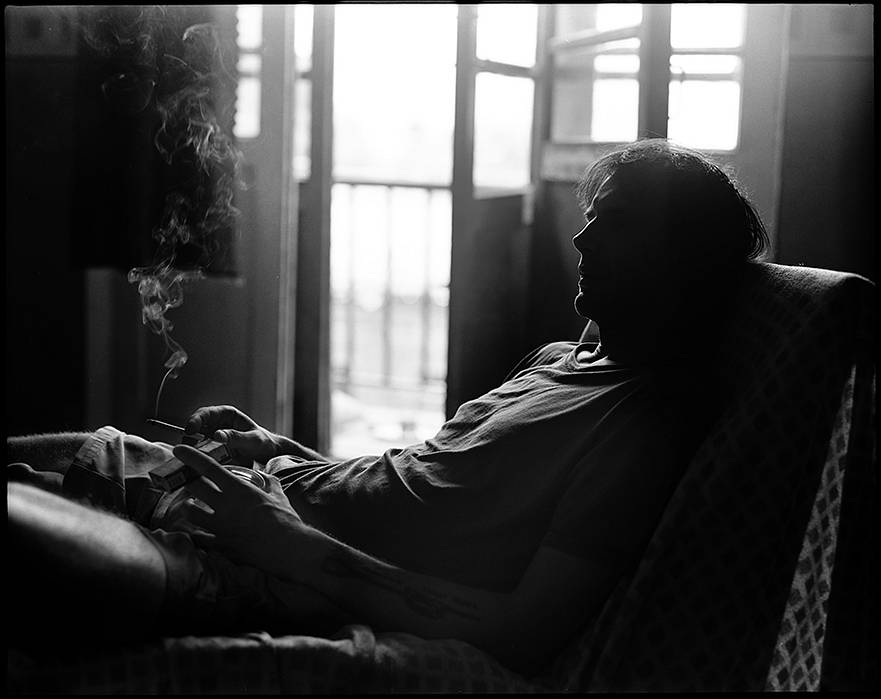









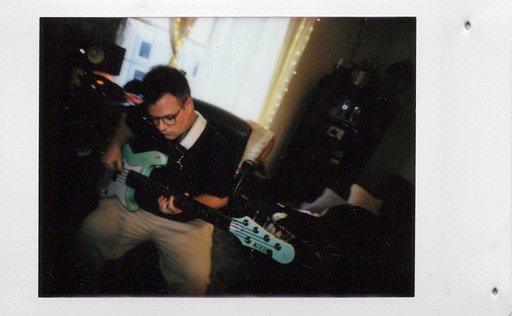

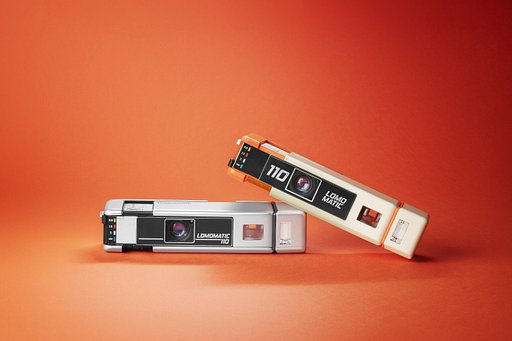
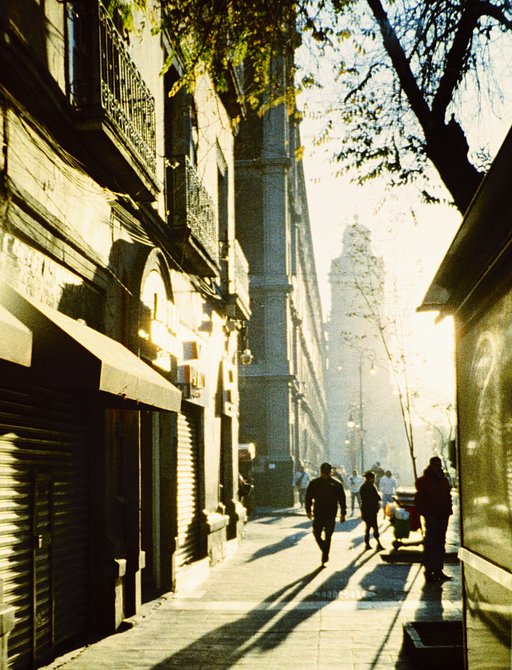






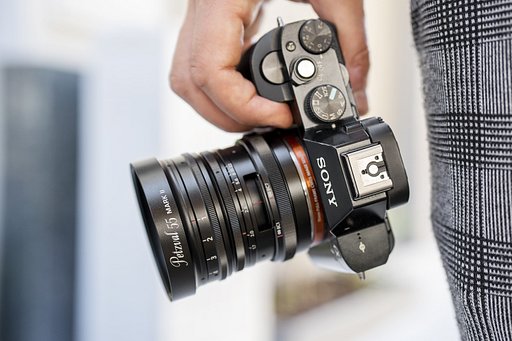



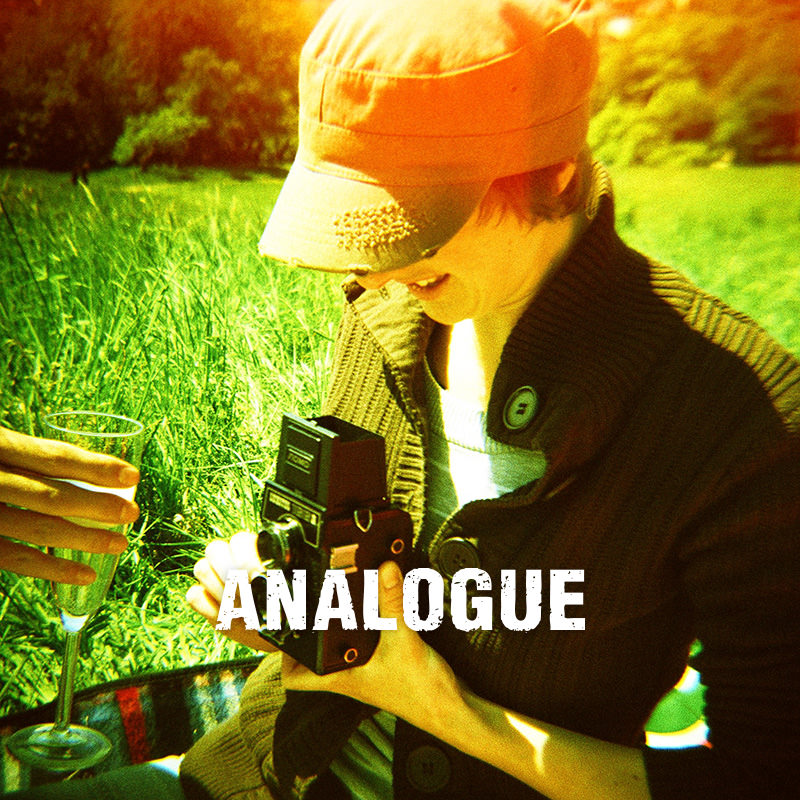
3 Comments